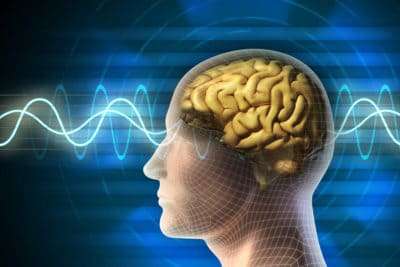Tech
What Will Be the Future of Artificial Intelligence (AI)?
Artificial Intelligence (AI) has been around for quite some time now. The term AI was first mentioned at a famous conference at Dartmouth University.
Much of what we know about AI today has come from the attendees of that conference. The event changed how we think of AI and machine learning and people became a lot more interested in it.
The impacts of AI in the world today are far and wide. We can see that it is beginning to become a mainstream technology in the shape of virtual assistants like Siri and Alexa.
Soon you won’t have to call 833 267 6094 to connect with your ISP. As the Google Assistant demonstration was even able to book a hair salon appointment on call.
AI has already become the new fad but there is still a lot we can look forward to.
Table of Contents
The Impact of AI
There is no major industry that has not seen a massive change in the technology being used. A lot has changed because of the incorporation of AI.
The day-to-day processes have evolved and we have used AI to make things easier for us. Especially in the last few years, these are some of the major changes:
Entertainment
Online streaming websites like Netflix and Amazon Prime have revolutionized entertainment. We can easily watch all our favorite shows and movies online.
All the entertainment that we need and more is just a click away. These entertainment websites have made their algorithms AI-incorporated. We only see the TV shows on our list that we are more likely to watch.
The websites map our interests and push similar content toward us. As a result, we keep seeing more content and are likely to stay on the website.
The targeted content visibility is only going to get more accurate in the future. AI-generated home screens could make it impossible for us to put our screens down. The content suggested could match our interest 100% in the future.
Marketing
Marketing has seen a lot of improvement with the incorporation of AI. Before, we created ads for a very general target audience. As a result, we couldn’t get the desired results and the bounce rate was high.
Now, we can pinpoint the exact location and demographics of our audience. In this way, we get more accurate results and are likely going to reach the right audience.
In the future, marketing could potentially know no bounds. AI could potentially use the pictures of our loved ones and even our homes to create targeted ads for us.
For example, you want to buy jewelry for yourself. So, the ads you will see could have your face wearing an earring you can buy. This may sound creepy but it can personalize any ad experience for individual users.
Home Automation
Home automation is mainstream now because of virtual assistants like Alexa, etc. They can perform almost all basic tasks with voice-recognition software.
You can talk to them about your day, ask them to call your friend or play some music. In the future, we can make these virtual assistants our best friends.
Imagine having a robot you could talk to that says all the right things. This can only happen if they know you well enough.
AI can make this possible sooner than you think. The more you talk to the virtual assistant/friend the more they will store data on you.
Your AI-powered friend could completely map your behavior and personality and then act accordingly. AI could make robots our best friends or even our worst enemies, and we just have to wait and watch.
Medicine
Medicine might be most affected in the future by AI technology incorporation. We could potentially see AI-powered robots doing surgeries and prescribing medicines.
As the population increases, we might struggle with the number of doctors available per person.
In the future, we can make AI-powered software that can make a diagnosis for us. All we would have to do is log in all of the symptoms. The AI software can learn from past precedents as well and make a viable diagnosis.






